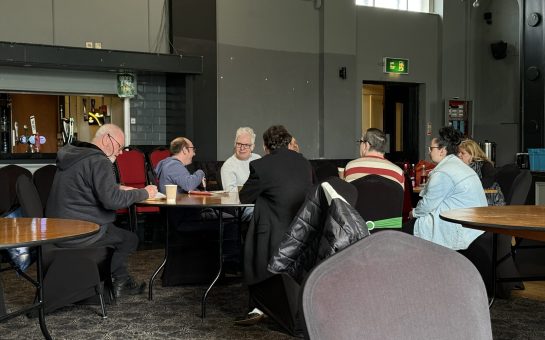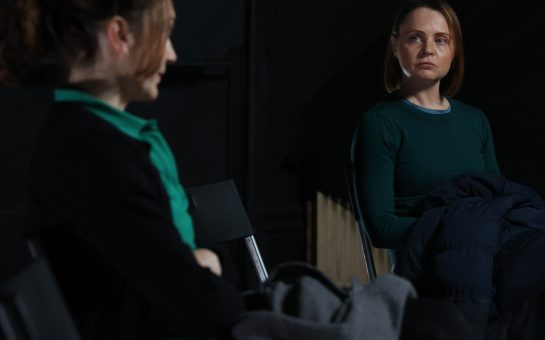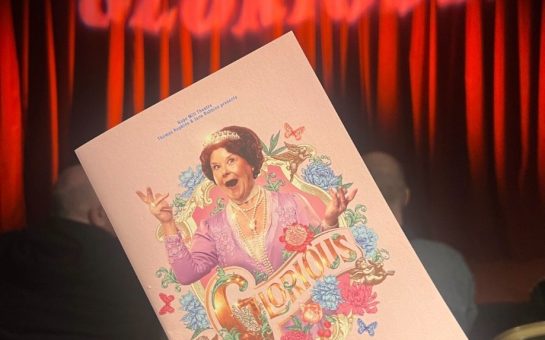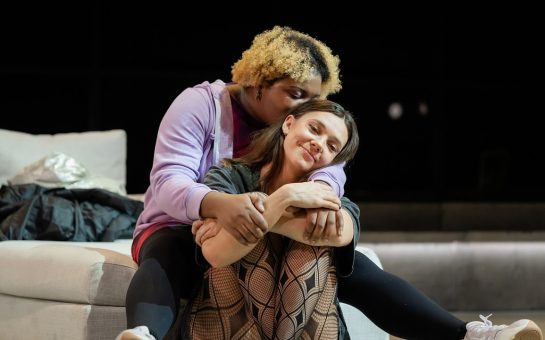As we prepare to mark the centenary of the outbreak of the First World War – ‘the war to end all wars’ – War Horse proves a fitting reminder of the tragedies that continue to rage today.
Michael Morpurgo’s classic novel, retold by Steven Spielberg in the Hollywood box office sensation in 2011, tells the simple tale of a boy and his horse who become entwined in the history and politics of their time.
But Nick Stafford’s stage adaptation in association with Handspring Puppet Company, rejuvenates this story in a visual feast for the audience.
We begin in Devon and follow the story of young Albert Narracott – played with compelling naivety by Lee Armstrong – who enlists in order to find his beloved horse Joey who has been sacrificed to the war effort.
His journey takes him across the Channel, to the iconic Battle of the Somme where he suffers the harrowing brutality of gas attacks, injuries and the death of his comrades.
It is a tale of dichotomies, man versus machine, war versus nature – all told through the experience of one horse. The horse is merely a device through which the audience can relate to the tragedy of war.
As Joey crosses enemy lines and back, he is adopted by various nationalities: Germans, French and English. Through his journey, the audience is able to empathise with the human aspect of the ‘enemy’. No one wanted that war. Millions of young men lost their lives unnecessarily.
The technical prowess of the puppeteers creates believable animalistic details – the twitch of their ears, flicks of tails – as well as intermittent whinnying.
This enables the audience to suspend their disbelief and ignore them maneuvering the full-size contraptions made of cable, leather and steel that look uncannily real.
They dominate the minimal set and rely almost exclusively on the audience’s imagination to bring them to life.
Most startling is seeing the comparison between the healthy country horses such as Joey, and the horses who have already been ravaged by war. They are raggedy, boney, dead.
The play is frequently interrupted by a narrative of folky rifts as the village accordionist from Devon haunts Albert all the way to the Somme and back to remind the audience of his home pastures.
War Horse takes the audience on an emotional ride and manages to put the epic in the intimate and the intimate in the epic.
One cannot help but think of Wilfred Owen’s immortal words that resonate throughout the play.
In his poem, ‘Strange Meeting’, all he can muster up out of the utter devastation surrounding him is ‘the pity of war distilled’ – and this play is no exception.
For tickets and more information, please click here.
For more on this story and many others, follow Mancunian Matters on Twitter and Facebook.



